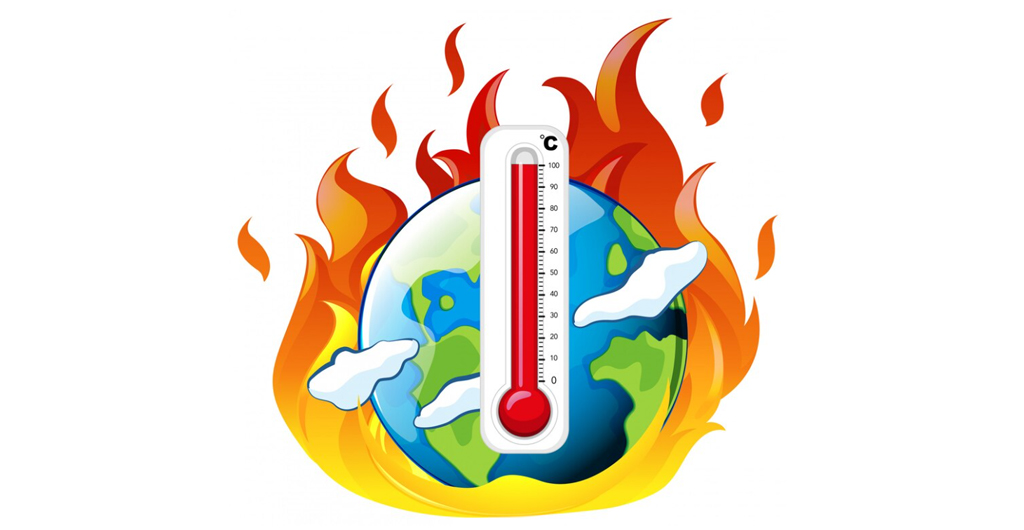United Nations sounds ‘Red Alert’ as world smashes heat records in 2023
According to the World Meteorological Organization (WMO), all significant global climate records were surpassed in 2018, and the outlook for 2024 is bleak. The organization’s chief issued a statement of particular concern regarding ocean temperatures and diminishing sea ice on Tuesday, March 19.
According to the annual State of the Global Climate report published by the United Nations Weather Agency, average temperatures have surpassed pre-industrial levels by 1.45 degrees Celsius, the highest level in 174 years of record-keeping.
The WMO reported that ocean temperatures reached their highest level in 65 years of data, with heatwave conditions affecting more than 90 per cent of the seas during the year. This has had detrimental effects on agricultural systems.
“The WMO community has issued the Red Alert,” stated WMO Secretary-General Celeste Saulo, who assumed the position in January.
“What we witnessed in 2023 is cause for particular concern,” she continued, “particularly in light of the unprecedented ocean warming, glacier retreat, and Antarctic sea ice loss.”
She warned reporters that ocean heat’s “almost irreversible” nature, which could take millennia to reverse, was especially alarming.
“The trend is extremely concerning because water retains heat for longer than the atmosphere,” she explained.
The convergence of climate change induced by the combustion of fossil fuels and the emergence of the El Nino natural cycle propelled the global temperature to an all-time high in 2023.
Omar Baddour, the head of climate monitoring for the World Meteorological Organization, told reporters that there was a “high probability” that 2024 would establish new heat records, noting that the year following an El Nino is generally even hotter.
According to a report released on Tuesday, the Antarctic sea ice reached a record low of one million square kilometres below its highest point. This is roughly the size of Egypt.
This trend, in conjunction with the expansion of water caused by ocean warming, has reportedly contributed to the rate of sea-level rise over the last decade, more than doubling from 1993 to 2002.
According to the report, by late 2023, ocean heat was concentrated in the North Atlantic, where average temperatures were 3 degrees Celsius higher than usual. Rising ocean temperatures impact delicate marine ecosystems, and numerous fish species have relocated northward for milder conditions.
Saulo, an Argentine meteorologist who has pledged to enhance worldwide warning systems for climate-related catastrophes, expressed her optimism that the report would bring attention to the “critical need to increase the ambition and urgency of climate action.”
She told reporters, “This is why we discussed the Red Alert: because we must consider the people and how they will be affected by these more frequent and extreme events.” “The failure to take action will result in a deterioration of the situation, which will be our accountability.”



